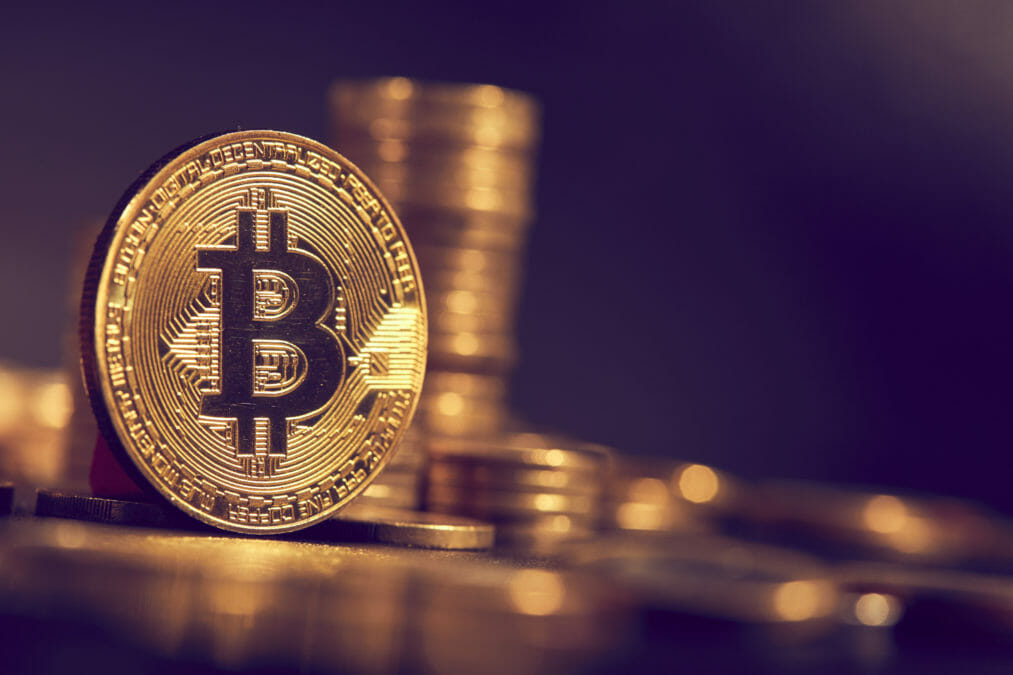One of the largest cryptocurrency exchanges by volume, Binance Holdings Ltd said it restricted the personal accounts of some 281 Nigerian users to comply with anti-money laundering regulations and ensure the security of the platform for traders.
Sequel to allegations levied against Binance by its Nigerian users, Binance’s CEO and Asia’s richest man, Changpeng Zhao (CZ), has written a letter, addressing its Nigerian users titled, “Our commitment to User Protection.”
Zhao said: “Protection mechanisms such as know your customer, anti-money laundering measures, collaboration with law enforcement and account restrictions are in place to ensure our community remains protected,’ the crypto exchange said in a statement on its website.
“Some 281 Nigerian accounts have been affected by these personal account restrictions, with approximately 38% of these cases restricted at the request of international law enforcement,” it said.
Many Nigerians trading on the Binance platform complained recently of the inability to initiate or complete transactions.
Wednesday, there were complaints on social media by multiple users of the Binance global exchange, accusing the exchange of blocking accounts for weeks and months without any feedback or reason from the exchange
It was the third trending topic on Twitter with over 25,000 tweets on Wednesday. On Thursday, it was also among the top 5 with over 10,000 tweets, going with the hashtag, #BinanceStopScamming.
Users have faced challenges trading crypto since the Central Bank of Nigeria last year asked lenders not to transact with cryptocurrency exchanges and ordered digital currency traders to shut down accounts.
Notwithstanding, Nigerians continue to use virtual currencies to hedge against inflation and naira slide, as well as to remit money. Individuals in the country hold the world’s highest proportion of such assets per capita, according to a survey by Statista.
Binance has resolved 79 of the account restriction cases and plans to deploy more customer service personnel and risk agents to quicken the resolution process, it said. “All non-law enforcement-related cases will be resolved within two weeks,” it said.
Many Nigerians, due to the ban on cryptocurrencies by the apex bank, the CBN, have been forced to participate in the market through P2P exchanges, telegram groups and WhatsApp groups, where buyers and sellers alike come together to exchange tokens for cash.
These methods, although an alternative is still relatively flawed as there is a high crime rate as it largely depends on trust.

 Join Daily Trust WhatsApp Community For Quick Access To News and Happenings Around You.
Join Daily Trust WhatsApp Community For Quick Access To News and Happenings Around You.


